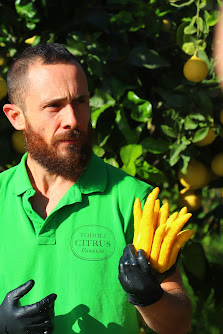Pinoso or el Pinos?

I may be wrong, but I’m pretty sure there’s been a bit of an upsurge in Valenciano speaking in Pinoso lately. It feels as if more young people are using it as their first language than they did just a few years ago. Of course, it could simply be that I’ve become better at recognising it—or that I’m eavesdropping more now that my leisure-time activities are shrinking along with my physical capacity. There’s definitely an institutional push, too. The local council has been using Valenciano more and more. Only the other day, Pinoso Town Hall launched a new Facebook page—its title is in Valenciano: Ajuntament del Pinós. I wouldn’t be surprised if before long Pinoso, or El Pinós if you prefer, follows Monòver’s example and goes fully Valenciano. Monòver even changed all its road signs to Valencian versions of village names. To be fair, those were probably the original ones, though that assumes Valenciano speakers named the towns in the first place. In reality, waves of migration ...




